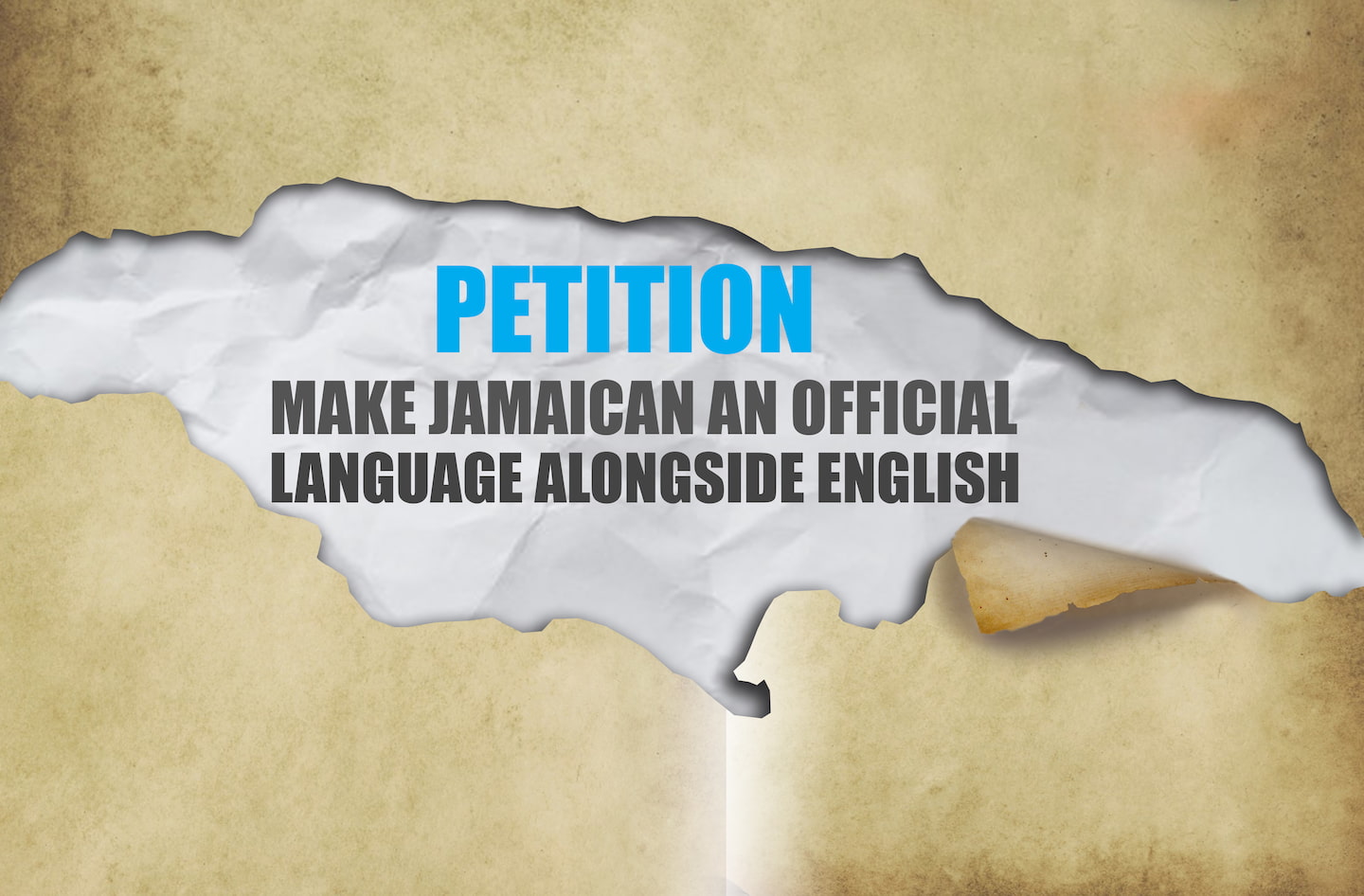Poor Miss Lou. What would she say about this most recent round in the on-going boxing match over what should be done with what is spoken in Jamaica? Long before she was forced into exile, she was being hailed as the liberator of the language. More recently, she has been dubbed the champion thereof. HeartBun is of the opinion that Miss Lou would find the implied demotion rather unflattering. It is somewhat difficult to comprehend how one could either be champion or liberator of something which is yet to be recognised. Just suppose that the 40 days should elapse and the petition to make Jamaican an official language, alongside the English Language, should fail to obtain the 15,000 signatures required for it to be reviewed by the Office of the Prime Minister. What would we say is spoken here? At last check, just under 3,000 or about 18 per cent of the required target had been met.
According to HeartBun, one cannot review what has not been viewed, and it appears that many persons who hold the belief that this is a waste-of-time petition have simply not properly informed themselves of the ramifications. KinTeet has no such problem. He is proud to be in regular conversation with his cats, dogs and pigeons. There are no language barriers between them. So, he is quite puzzled that so many people assert that no utterance from the mouth of a Jamaican person which is not sanctified and authorised by Missis Queen herself could ever be dignified with the classification of language. According to this perspective, such expressions can neither be written nor understood.
For whereas the petition sets out that “the Jamaican language is a marker of unity and identity in Jamaican Diaspora communities in Britain, Canada, the USA and elsewhere” it appears that “elsewhere” does not include Jamaica itself. KinTeet thinks it is a marvel how the stone that the builder refuse endows him with a sense of pride and becomes a veritable passport when he is “elsewhere”.
Indigenous knowledge systems
The barriers disregard global efforts to preserve the many languages which allow human beings to describe and discuss the world from the viewpoint of their own experiences and what interaction with their environment has taught them. This is part of what is meant by indigenous knowledge systems. It allows us to create, as we have always done, words that set aside those experiences from all others. Our own “Emancipendence” is one such. The declaration of the International Year of Indigenous Languages by the General Assembly of the United Nations is intended to encourage examination of the link between language, development, peace, and reconciliation and a host of related social and cultural issues. The unwillingness to cross the border has also turned out to be another revelation of how we cause ourselves to be divided on the very issues that are at the heart of what we often tout as our unique culture, identity and profile on the global stage.
We seem to want the younger generation to cross the barriers which leave them ignorant of what might be deemed the exotic aspects of the culture such as the proverbs, for example, but we do not want it carried in what Rex Nettleford once described as “the shapeless unruly substance that is the Jamaican dialect”. Poor Miss Lou. KinTeet swears he heard her saying “dem ya crossing is crosses fe true”. She well understood that the way we speak carries history, memory and identity specific to our trod through the Blue Mountains, hills and valleys in pursuit of justice for all. Denying the language would lead to incalculable loss in the storehouse of wisdom that was the result of where our get up and go got up and went.
The rights set out in the Universal Declaration of Human Rights make no specific mention to the right to language. One might argue that it is subsumed under other rights. But that does not stop us from arguing the abuse of rights in the denigration of the language of the majority of the population. The absence of supporting international conventions has never stopped us from taking measures that advance the welfare of the whole human race. That is why we have a maternity leave law which was, at the time of its enactment, superior to that which barely obtained in the United States of America. That is why KinTeet could benefit from the abolition of the Bastardy Act. Part of the uniqueness of this little rock is simply daring to do what is the right thing to do.
So, he is undeterred by categorisations of the language as substandard or vulgar. He cites several passages of Shakespeare that would make sinners blush if they were translated into Jamaican. Somehow, old-time English wrap them up nicely and leaves us blissfully unaware of our multi-lingual abilities in cussing and swearing. So, this discussion is another example of the ways in which cultural hegemony can lead to people espousing views that are contrary to their own interests. It is a barrier we need to cross.
Amina Blackwood-Meeks, PhD, Cultural Studies, is a lecturer and college orator at The Edna Manley College of the Visual and Performing Arts.







